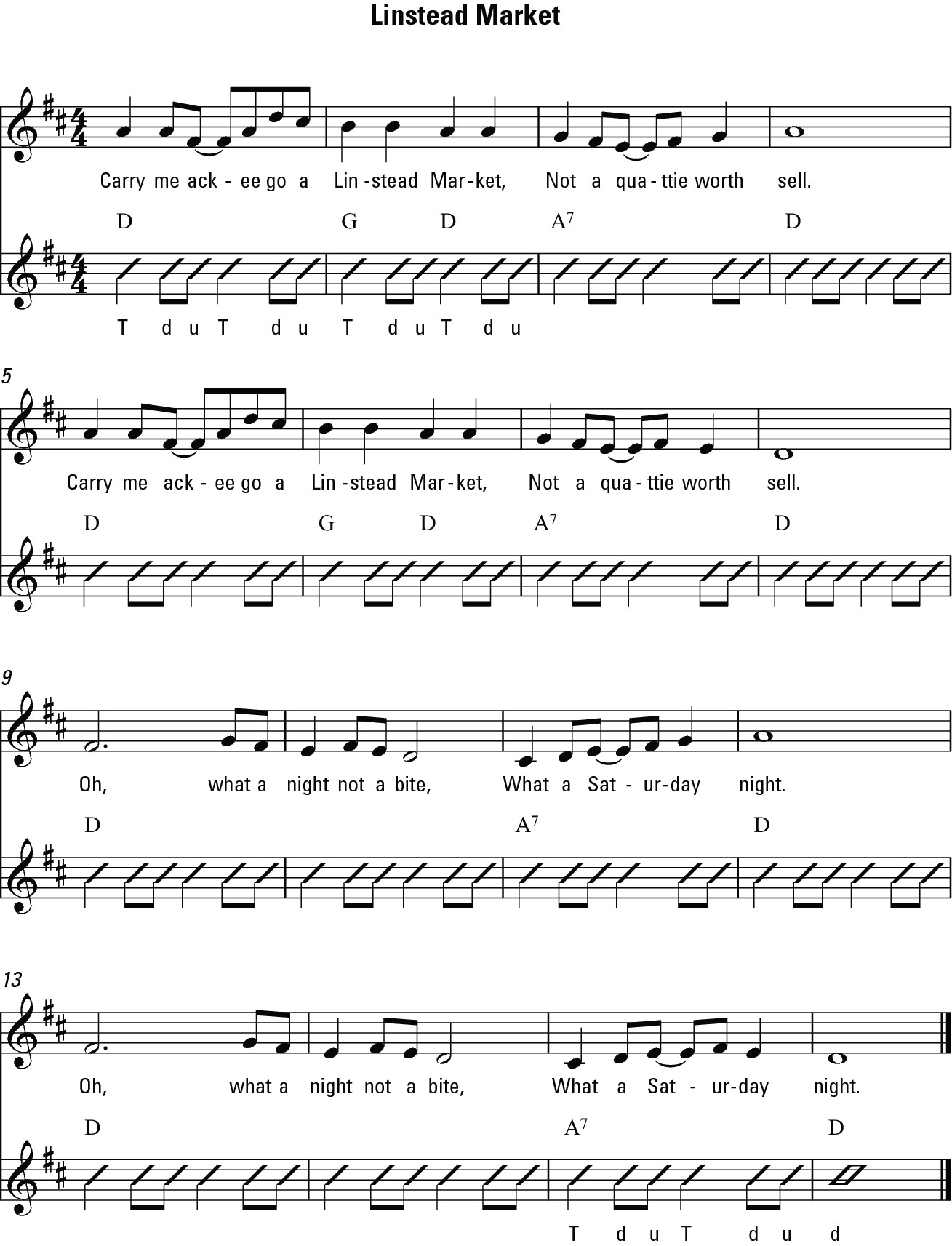Ukulele For Dummies (59 page)
Read Ukulele For Dummies Online
Authors: Alistair Wood
Chapter 15
Strumming Up the Jawaiian Style
In This Chapter
 Strumming Jawaiian-style rhythms
Strumming Jawaiian-style rhythms
 Channelling Bob Marley's reggae style
Channelling Bob Marley's reggae style
 Skanking on the uke
Skanking on the uke
D
espite being a tiny island, Jamaica has had a huge influence on popular music. Today the country retains a unique musical identity through a wide variety of styles including mellow lovers rock, hard-edged ska, folk mento and modern, hip-hop influenced, ragga. Strictly speaking, reggae is one of these genres of Jamaican music, but the term is also used to refer to music of Jamaican origin as a whole, and I maintain that usage in this chapter.
Hawaii and Jamaica share many characteristics: both are small, tourist-magnet islands with strong musical traditions and a healthy scepticism for the fast-paced lifestyle. Not surprisingly, then, Hawaiians have enthusiastically jumped on Jamaican music and adapted it to their own style to create what's known as
Jawaiian
. This style fuses the reggae sound with Hawaii's lilting music and the sound of the ukulele. Jawaiian is now so popular that it's eclipsed traditional Hawaiian music.
Jawaiian's most popular exponent, Israel âIZ' (pronounced as in showb
iz
) Kamakawiwoâole, typifies the modern sound of Hawaiian music. His Jawaiian style entered the mainstream and can be clearly heard in pop hits such as Jack Johnson's âBreakdown', Jason Mraz's âI'm Yours' and Train's âHey, Soul Sister'.
This chapter takes a look at the most important aspect of Jawaiian music: the strumming rhythm.
Starting Up Some Jawaiian Strumming
The one constant throughout the development of reggae (and its Jawaiian offshoot) is the emphasis on the off-beat. So when you count a bar as one, two, three, four, the emphasis needs to be on the two and four beats.
You can strum your ukulele in a number of different ways to get this pattern. The simplest way (and the method I describe in Chapter 5 and use on Track 16) is to strum softer on the one and three beats and harder on the two and four beats. This section, however, explores some other techniques for achieving a heavy off-beat.
Practising the touch strum
A
touch strum
is a light strum in which you play only the g- and C-strings. To play a touch strum, do only a half strum, stopping your finger after you hit the C-string. In reggae, the touch strum occurs on the one and three beats, with full strums on the two and four beats.
 Don't worry about being too accurate when you touch strum. If you hit only the g-string, the sound is still right. The important aspect of the touch strum is that it stays in the background and is quieter than the full strums on the off-beats.
Don't worry about being too accurate when you touch strum. If you hit only the g-string, the sound is still right. The important aspect of the touch strum is that it stays in the background and is quieter than the full strums on the off-beats.
 The touch strum is a particularly effective way to play reggae strums on the ukulele and can be heard in a great deal of Jawaiian and Jawaiian-influenced music. Figure 15-1 (Track 87) is a Train/Jason Mraz-style progression played with a touch strum. In the figure, a
The touch strum is a particularly effective way to play reggae strums on the ukulele and can be heard in a great deal of Jawaiian and Jawaiian-influenced music. Figure 15-1 (Track 87) is a Train/Jason Mraz-style progression played with a touch strum. In the figure, a
t
indicates the touch strum.
Figure 15-1:
Touch strumming pattern.

 You can also use this touch strumming pattern to play the old mento and calypso song âLinstead Market' (see Figure 15-2 and listen to Track 88).
You can also use this touch strumming pattern to play the old mento and calypso song âLinstead Market' (see Figure 15-2 and listen to Track 88).
Figure 15-2:
Chord chart for âLinstead Market'.

Drumming up the thumb 'n' strum style
The
thumb 'n' strum
method is very similar to the touch strum from the preceding section, except that you play the 1 and 3 beats with your thumb rather than with a touch strum. Therefore, you start by plucking the g-string.
 This technique is most recognisable from Israel Kamakawiwoâole's worldwide hit version of âOver the Rainbow'. Figure 15-3 (Track 89, Part 1) is an IZ-style strumming pattern using thumb 'n' strum. IZ used a low-G tuned ukulele, and so this style sounds different on a standard ukulele, but equally effective. (Check out Chapter 20 for more info on the much-loved IZ.)
This technique is most recognisable from Israel Kamakawiwoâole's worldwide hit version of âOver the Rainbow'. Figure 15-3 (Track 89, Part 1) is an IZ-style strumming pattern using thumb 'n' strum. IZ used a low-G tuned ukulele, and so this style sounds different on a standard ukulele, but equally effective. (Check out Chapter 20 for more info on the much-loved IZ.)
Figure 15-3:
Tab for an Israel Kama-kawiwoâole-style thumb 'n' strum pattern.
